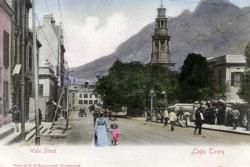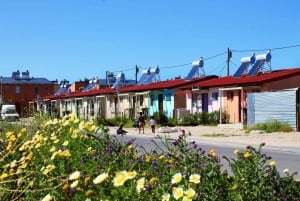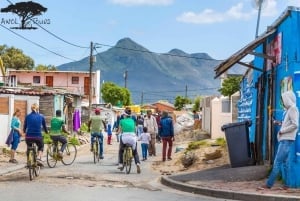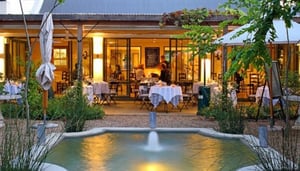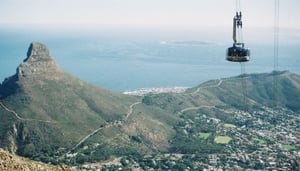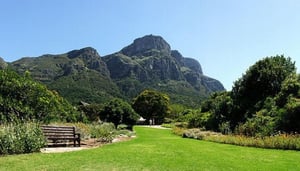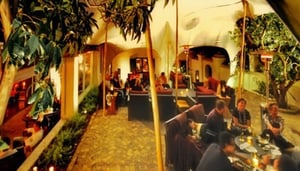Cape Town History
Cape Town is in many ways a city defined by its fascinating history, and discovering this during your stay is one of its many charms. If you're interested in a bit of history, here we go: it was originally discovered by Portuguese explorers in the late 1400s during a typically violent storm, and the word quickly spread back home of the discovery of new land - the Cape of Storms. But for the Portuguese, this discovery was also met with a growing sense of optimism, and as such the region became better known as the Cape of Good Hope - a name still used widely to this day.
It wasn't until 1652, however, that the Dutch East India Company sent Jan van Riebeek to this southern tip of Africa to establish a much-needed trading post for passing sailors, and as more explorers and traders made use of the convenient, albeit treacherous, location, the city of Cape Town was slowly born. Even though the British fought and gained control of the city from the Dutch in 1795, it was eventually given back to them as a peace-offering, until it was finally incorporated back into the British Empire in 1814. Diamonds and Gold were then discovered in the Witwatersrand, which prompted mass migration that lead to the creation of the area now known as Johannesburg. Boers, who were mainly made up of the descendants of the Dutch and French Hugenots, had left Cape Town to escape oppressive British rule. The Boers fought the British in two wars after Britain sought to annex the Boer state Transvaal, but the British eventually gained control of the diamond and gold industries and unified the regions of South Africa, naming Cape Town its capital in 1910.
In 1948 the National Party gained power as the world rebuilt itself after World War 2. They began racially segregating the city in a movement called Apartheid, and many political activists opposed to the policies of Apartheid were imprisoned on Robben Island, including Nelson Mandela. His eventual release, and iconic speech from the balcony of the Cape Town City Hall in 1990, finally signified the end of Apartheid, and the beginning of a new era for South Africa. Since then the city´s economy - especially the tourism industry - has ballooned, and visitors from around the world have made Cape Town one of the continents most visited, and loved, cities.


